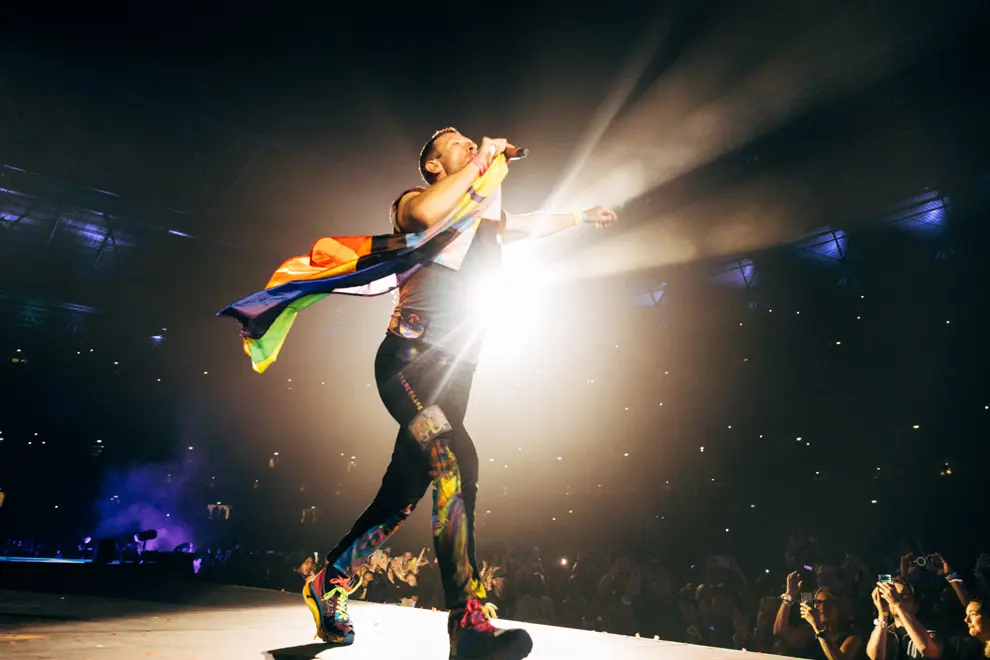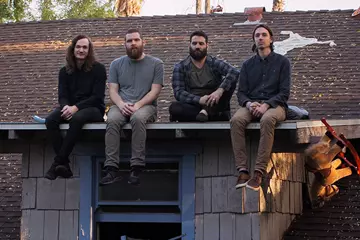The live music industry is receiving a major shakeup across the UK, with anti-scalping laws set to come into effect soon.
Under the changes, companies such as Viagogo and StubHub, as well as ordinary punters, will not be able to charge anything more than the price at which they bought a ticket. Reselling tickets for profit will be outlawed – the official announcement is set to arrive this week, The Guardian reports.
Reports from BBC News and I’m Just News suggest that UK ministers will proceed with a face-value cap on resale tickets after years of campaigns over exorbitant resale prices. The move comes a week after music stars such as Dua Lipa, Coldplay, Radiohead, and Sam Fender signed an open letter, warning the industry that profiteering resale websites were exploiting fans.
The UK government's position on service fees for resale tickets is yet to be confirmed. In addition to traditional resale sites, the ban will also affect social media.
Resale companies have fiercely opposed the UK government’s anti-scalping proposals; they claim that these laws would lead punters to “unregulated” sites, an “increased illicit market,” and more fraud.
In 2019, the European Union outlawed scalping bots following a Pan-European pressure group of musicians and event promoters called FEAT, which brought the issue to light. Scalping bots have also been illegal in the UK since 2018.
Last year, the European Union introduced its Digital Services Act, bringing regulation on all online intermediaries for live music throughout the EU.
Don't miss a beat with our FREE daily newsletter
With the act, secondary ticketing marketplaces are mandated to identify and verify sellers. They must collect “essential information about third-party professional sellers,” such as names, contact details, and IDs, before tickets can be listed on their platforms.
In Australia, reselling tickets for more than 10 per cent above the original purchase price is illegal in most states and territories. Events such as Taylor Swift and Oasis concerts in Melbourne have been declared “major events” by the Victorian Government, meaning that tickets couldn’t be sold for more than 10 per cent above face value.
As the ABC notes, in Queensland, it’s illegal to sell tickets for more than 10 per cent above face value at any Stadium Queensland venue.
















